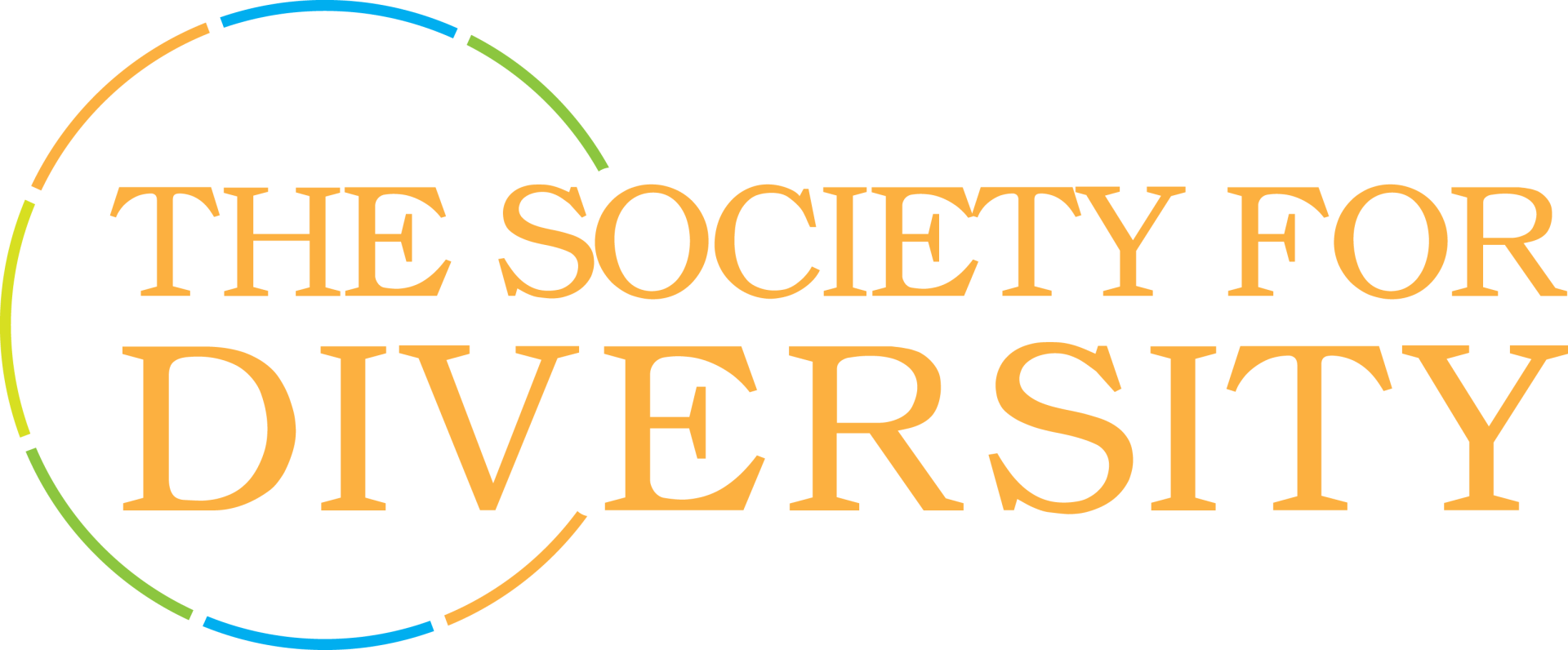What is Unconscious Bias and How Can Employers Avoid it?
Unconscious bias is a type of prejudice that occurs automatically and outside of our conscious awareness. It often results in us favoring people who are like us or who share our values and beliefs. While unconscious bias can operate on an individual level, it can also affect how organizations make decisions.
For example, a company might give preference to job applicants who come from the same school or have a similar background as the decision-makers. Unconscious bias can lead to inequitable outcomes, as well as decreased creativity and productivity in the workplace. To combat unconscious bias, it's important to first become aware of its existence and then take steps to correct it when making decisions.
By increasing our awareness of unconscious bias, we can help create fairer workplaces and societies. But how can we go one step further to actively attempt to eradicate it from all business decisions? Here are a few things to consider to help
create a more diverse and inclusive workplace.
Hiring
The recruitment process for any role is complex, and each company will have its own approach. But it’s important to be aware that unconscious bias is often prevalent at this stage, so you should understand the different ways in which you can limit the impact it has on the hiring decision. Here are two areas where unconscious bias could feature and that you should address to create a fairer approach to recruitment.
- Job postings. When creating the post for a vacant role, be sure to use inclusive language that won’t discourage certain groups of people from applying. Use gender-neutral terms throughout, and avoid any jargon or complex phrases.
You should also consider ways to make your posting more accessible to neurodiverse candidates. For example, there are certain fonts that are easier for people with dyslexia to process – bear this in mind in order to
create a fully inclusive job advert.
- Interviews. Before interviews, it can be helpful to judge applicants blindly. This means leaving details such as their name or gender off of their CV, so you’re not going into the interview with any preconceived ideas about the individual. This will help interviewers to judge the person solely on their professional merits and achievements, rather than any external factors.
To further combat any unconscious bias that may arise during interviews, it can be helpful to have a panel of interviewers, to ensure that an individual’s bias isn’t factored into the decision-making process. You should also ask standardized questions, to ensure that every applicant is starting on a level playing field and is given an equal opportunity.
Onboarding and day to day culture
Unfortunately, unconscious bias can feature in the day-to-day operations of companies all around the world, which can negatively impact on their growth in a number of ways. Whilst it’s ultimately the responsibility of business owners to create an inclusive environment at work, every employee has their own part to play.
One of the key ways in which you can help your workforce to mitigate unconscious bias is by offering training to your employees on how it can affect both individuals and the wider company.
Not only will this help to create a more modern, effective workplace, but it will also hopefully help your employees become better people in their day-to-day lives. If you choose to offer inclusivity training at work, it’s important to make this an ongoing commitment. There are
many online resources you can draw upon, so be sure to do your research and find a method that will work best for your organization.
To sum up
In this post, we’ve mentioned just a few of the areas within your business that could be addressed to create a more inclusive workplace. In order to see the most effective results, it’s important for companies to take a collaborative approach to inclusivity, since every employee will need to take their own actions and behavior into account.
If more businesses were able to remove potential biases which could act as barriers to employment for certain groups of people, we’d all benefit from a more diverse, skilled workforce now and in the future.
About James
James Ritter is a digital consultant with a particular interest in employee welfare and company culture. He majored in creative writing at university, and am always eager to expand my knowledge around different subjects.

Disclaimer: Content on this blog is authored by multiple sources. While we do make every attempt to proofread and fact-check, unless authored our staff, the views expressed do not necessarily reflect those of The Society for Diversity and the Institute for Diversity Certification.






